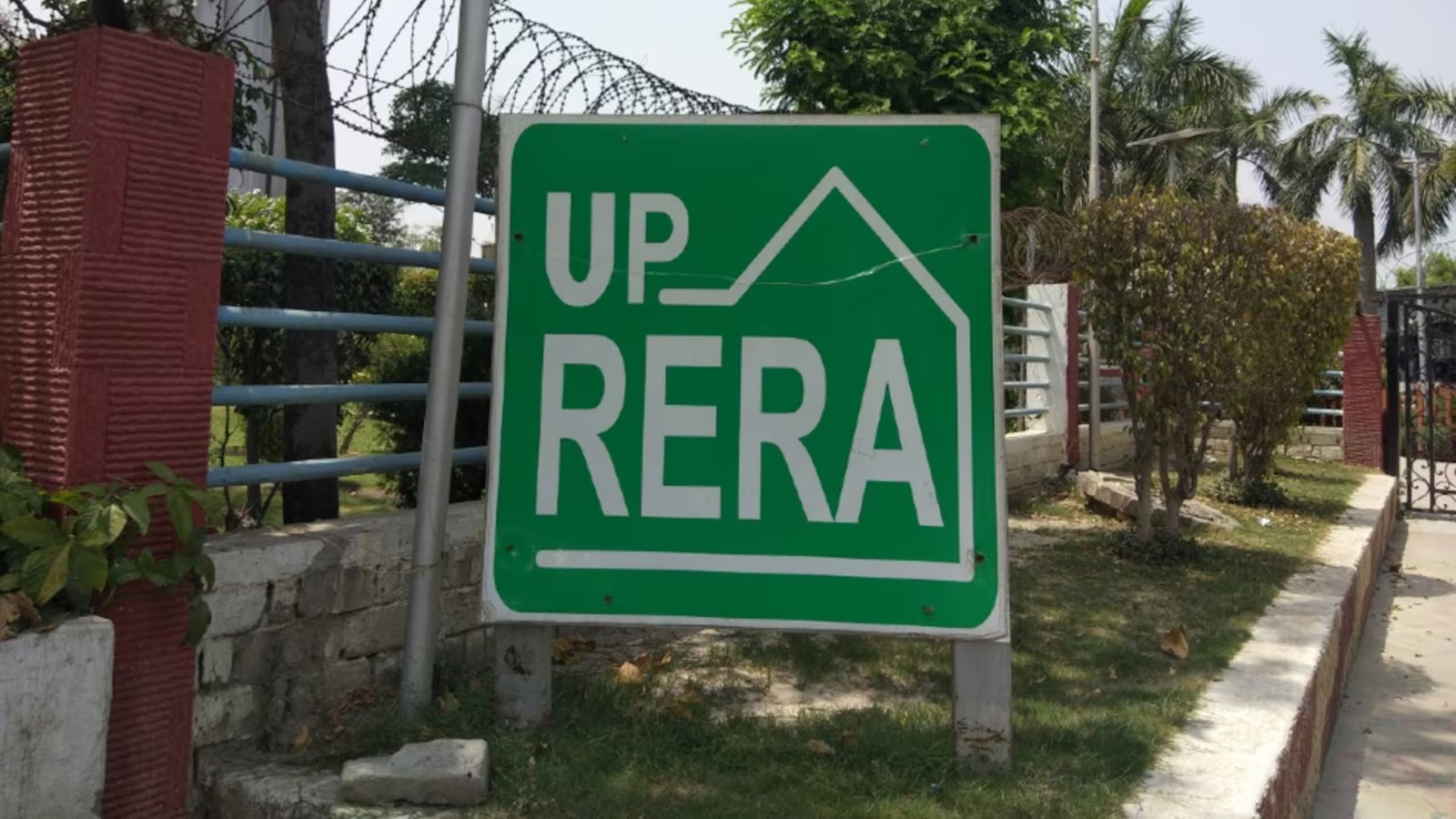News
What states have to offer for EVs-Part II


Source:https://evcd.in/what-states-have-to-offer-for-evs-part-ii/
In the first part of this series, we talked about how states have been contributing to the Centre’s efforts in pushing electric mobility in the country. We talked at length about the incentive-rich EV policies rolled out by states like Delhi, UP, Maharashtra and Rajasthan. Let’s take a look at the EV policies of four other states in this second part.
Most state governments have been giving loads of incentives and tax rebates to encourage people to make a switchover to electric vehicles. The EV policies announced by the state governments, along with the Centre’s initiatives, are helping a great deal in the cause of electric mobility in the country. Let’s look at what these four states have to offer:
- Gujarat is offering a subsidy of Rs 10,000 per kWh with a limit of maximum subsidy of Rs 20,000 for two-wheelers, Rs 50,000 for three-wheelers and Rs 1.5 lakh for four-wheelers.
- The Uttarakhand Government has offered an incentive of 10 pc or Rs 7,500, whichever is lower, per two-wheeler EV and Rs 50,000 or 5-pc incentive on each four-wheeler EV.
- The state Government launched the EV policy in July 2021 with the aim of establishing Himachal Pradesh as a role model for adoption of EVs among all hilly states.
- The Assam Government is aiming to phase out all fossil fuel-based commercial, Government and logistics vehicles by 2030. It has also rolled out incentives and subsidies on new EV registrations.
GUJARAT: The Electric Vehicle Policy 2021 in the state has been launched for a period of four years and it is valid till July 1, 2025. The Government has allocated Rs 870 crore, which is to be offered as an incentive or subsidy. The policy aims to subsidise the purchase of more than two lakh EVs in the state. The Government is offering a subsidy of Rs 10,000 per kWh with a limit of maximum subsidy of Rs 20,000 for two-wheelers, Rs 50,000 for three-wheelers and Rs 1.5 lakh for four-wheelers. The Government has also promised to waive registration fee for electric vehicles.
UTTARAKHAND: The EV policy was approved in October 2018 with a target of 100 pc electrification of all commercial and public transport vehicles in the state. The Government has offered an incentive of 10 pc or Rs 7,500, whichever is lower, per two-wheeler EV and Rs 50,000 or 5-pc incentive on each four-wheeler EV. The subsidy is valid only for the first 5,000 two-wheelers and 1,000 four-wheelers. The Uttarakhand Government has also offered subsidies on the first 250 EV chargers installed in the state.
HIMACHAL PRADESH: The state Government launched the EV policy in July 2021 with the aim of establishing Himachal Pradesh as a role model for adoption of EVs among all hilly states. It has set a target to have at least 15 pc of new vehicle registrations to be EVs by 2025. The Government also plans to install charging stations within every 1km x 1km grid in major cities and towns and at least one slow-charging station every 25 km on state highways. At least one fast-charging point at every 50 km will also be installed on busy national highways. The Government plans to develop three popular tourist destinations, Shimla, Dharamsala and Baddi, to serve as examples of EV-readiness and as models for other states to adopt.
ASSAM. The EV policy in this north-eastern state was launched this year with the aim of converting all the public transport and buses to EVs by the year 2030. The Government is also aiming to phase out all fossil fuel-based commercial, Government and logistics vehicles by 2030. It has also rolled out incentives and subsidies on new EV registrations. A subsidy of Rs 10,000 per kWh is being offered on two-wheeler EVs with a limit of Rs 20,000. On three-wheelers a subsidy of Rs 10,000 per kWh is being offered with a cap of Rs 50,000. Similarly, a subsidy of Rs 10,000 per kWh is being offered on every four-wheeler EV with a maximum limit of Rs 1.5 lakh per EV. The policy also provides 100 per cent waiver on parking charges for EVs till 2026.
To be continued…
-



 News3 weeks ago
News3 weeks agoKW Delhi 6 Mall Onboards New Brands
-



 News4 weeks ago
News4 weeks agoManasum Senior Living Launches IKIGAI GOA, A Senior Living Community in North Goa, in collaboration with Prescon Homes
-



 News2 weeks ago
News2 weeks agoGodrej Properties Sells Rs 3k cr+ Homes of Godrej Zenith, Gurugram, within 3 days
-



 News4 weeks ago
News4 weeks agoBridging India Divide: Top 5 Tier- 2 Cities to Focus On
-



 News3 weeks ago
News3 weeks agoCommercial Realty Gets Tech Savvy: Fast Construction, Enhanced Convenience
-



 News4 weeks ago
News4 weeks agoMultipoint Connection – A Definite Boon
-



 News3 weeks ago
News3 weeks agoRBI’s Status Quo on Key Policy Rates to Help Maintain the Real Estate Growth Momentum, Say Industry Stalwarts
-



 News1 week ago
News1 week agoOlive Announces Dhruv Kalro as Co-Founder




























